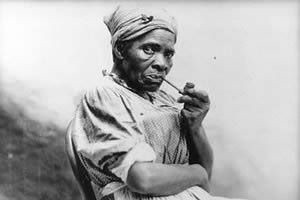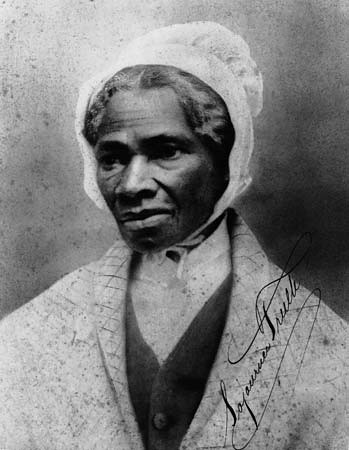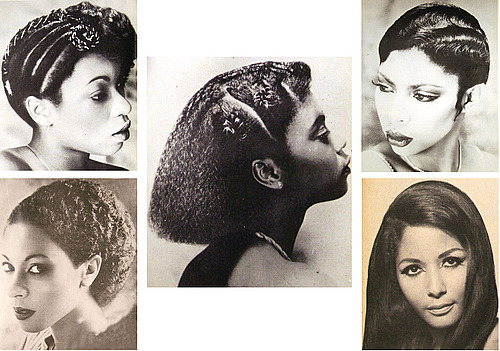Most blacks in America come from West Africa, where people’s hairs are all kinky, loosely curled or flowing. In the 1400s and 1500s, there were all kinds of beautiful hairstyles. Women had the right kind of oils and combs to do them. Some took hours, while some even took days. Only the maid and the mourning did not do their hair.
Then 1500s witnessed slave ships from Europe. As soon as the colonist caught the natives, they would cut off their hairs. It was merely the beginning of a long process of wiping out the culture and identity. In this way, colonist intent to better control the blacks by breaking their spirits.. Slaves began to arrive in America in the 1600s.
During the time from 1600s to 1700s, American slaves often overworked or stressed out to death owing to cruel exploitation. There was little time left for things like beautiful African hairstyles. So most women covered their hair in a rag. Not only to hide their undone hair but sometimes to even hide things like ringworms, which left places on your head where no hair would grow. Luckily, women who worked indoors were able to do their hair. For them braiding was just common things.
In the 1800s the slave ships stopped coming from Africa. That meant slaves in America could no longer work so hard: their lives were now worth more ($1500 and up). So they started getting Sundays off and have some time to do their hair. So they would still cover their hair in a rag during the week days but uncover it on Sundays for church.
There are two reasons about the changes:
The lack of hair care products: No palm oil or the right kind of combs were sold in America. So women had to handle their hair with butter and bacon grease and the carding combs of sheep.
The idea of “good hair” and “bad hair”: Living in a country of white racists made black women see kinky hair as “bad hair” and straight, flowing hair as “good hair”. So they tried to straighten their hair even if it meant using dangerous chemicals like lye (which they mixed with potatoes).
After the civil war when the slaves were freed the idea of good hair, if anything, grew stronger: the blacks who had been freed before the war wanted to hang on to their position at the top of black society, so they used as their excuse their light skin – and “good hair”.




Tracy Lee
It was a wonderfully informational article. Sadly, however, the abundance of grammatical errors made it difficult to fully enjoy and appreciate. I’m sorry.